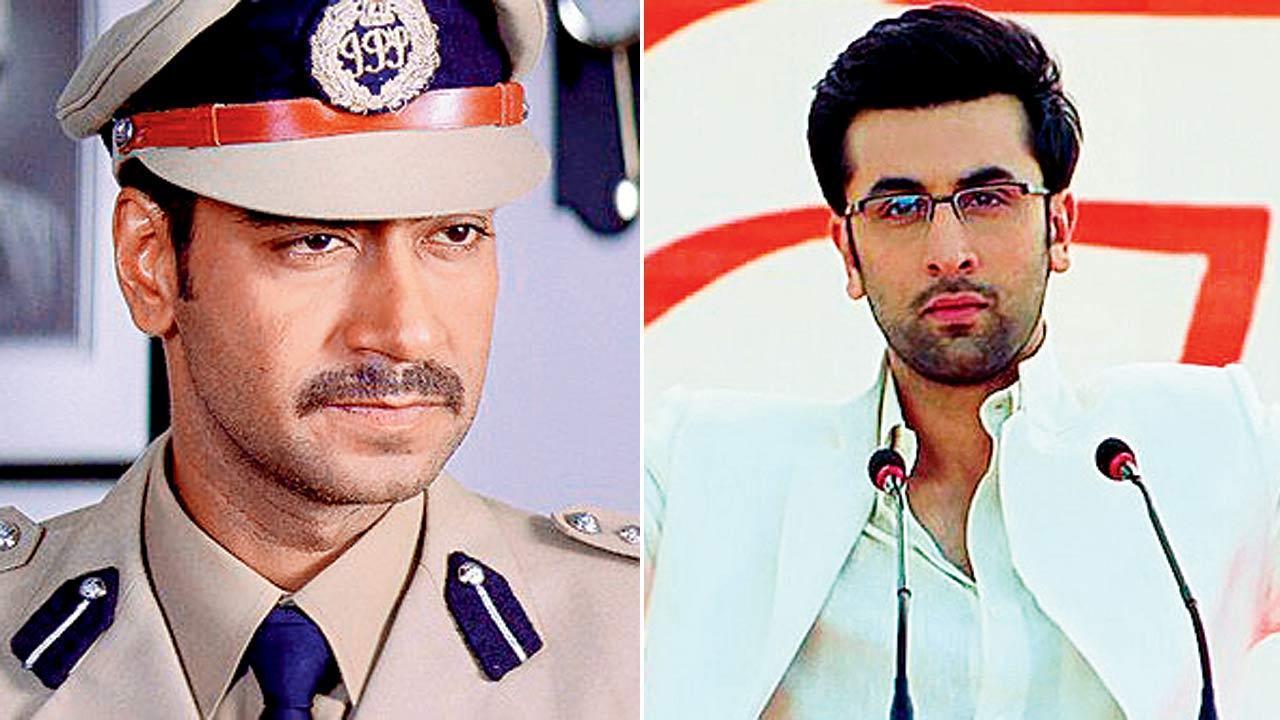
The esteemed Indian cricketer Jasprit Bumrah has set the cricketing world abuzz with his compelling argument that bowlers make excellent leaders. In a recent interview with the Indian Express, Bumrah, who serves as India’s vice-captain in red-ball cricket and has stepped in as captain in the absence of designated skippers, elaborated on why bowlers are particularly suited for leadership roles. He emphatically referred to bowlers as the ‘smart ones,’ a term that has garnered considerable attention and sparked conversations across cricketing circles.
Bumrah pointed out that bowlers have to adopt a cerebral approach given the inherent challenges they face on the field. “I feel bowlers are smart people because they have to get the batsmen out,” he stated. According to Bumrah, bowlers cannot ‘hide behind a bat or a flat wicket.’ Instead, they are constantly in the thick of the action, with every ball scrutinized and every error magnified. “When we lose a game, it’s usually the bowlers who are blamed. So it’s a hard job,” he added.
Bumrah went on to laud the achievements of several renowned bowlers who have made significant impacts in their roles as captains. Pat Cummins, the current captain of Australia, has led his team with distinction, and Bumrah believes Cummins’ success is a testament to the potential in bowlers as leaders. He also reminisced about cricket legends like Wasim Akram, Waqar Younis, and Kapil Dev, who succeeded admirably in their captaincy roles. “Kapil Dev has won us a World Cup. Imran Khan has won a World Cup for Pakistan. So bowlers are the smart ones,” he asserted.
Reflecting on his own experiences, Bumrah shared insights about playing under India’s last three captains: Rohit Sharma, Virat Kohli, and MS Dhoni. He spoke highly of Rohit Sharma’s empathetic approach towards bowlers, despite being a batsman himself. “Rohit is one of the few captains who has empathy towards bowlers. He understands players’ emotions, and knows what a player is going through,” Bumrah said.
. He highlighted Rohit’s flexibility and openness to feedback as key attributes that make him a successful leader.
Turning his attention to MS Dhoni, Bumrah expressed gratitude for the sense of security Dhoni provided during his early international career. “MS Dhoni gave me a lot of security, quickly. He has a lot of faith in his instinct and doesn’t believe in a lot of planning,” Bumrah noted. Dhoni’s instinct-driven leadership style has been widely praised for its effectiveness and has taken Indian cricket to new heights.
Bumrah also spoke about Virat Kohli, who is renowned for his passionate and energetic approach to the game. According to Bumrah, Kohli significantly influenced the team’s fitness levels and changed the narrative in that regard. “Virat is energy-driven, passionate, wears his heart on his sleeve. He pushed us in terms of fitness,” Bumrah said, commending Kohli’s relentless drive. Importantly, he emphasized that leadership is not confined to a designated post. “Now Virat is not the captain, but he is still a leader. Captaincy is a post, but a team is run by 11 people,” he observed.
Bumrah’s views have sparked a broader discussion about the role of bowlers in leadership positions. The narrative that captains in cricket are predominantly batsmen is being challenged, and Bumrah’s advocacy could contribute to a shift in perceptions within the sport. His arguments underscore the idea that the unique pressures and responsibilities shouldered by bowlers not only sharpen their tactical thinking but also equip them with the resilience and acumen required for effective leadership.
In the broader context of cricket, where bowlers often find themselves under the microscope, Bumrah’s stance resonates with many who believe that the mental fortitude and strategic understanding required to excel as a bowler are precisely the qualities that make great leaders. By highlighting the historic successes of bowlers-turned-captains, Bumrah offers a compelling case for why more bowlers should be considered for leadership roles in cricket teams.
As cricket continues to evolve, the insights shared by Jasprit Bumrah are likely to influence the ongoing discourse around team leadership. His call for recognizing the intelligence and capability of bowlers as potential leaders could pave the way for a more inclusive approach in identifying future captains, enriching the sport both tactically and strategically.










